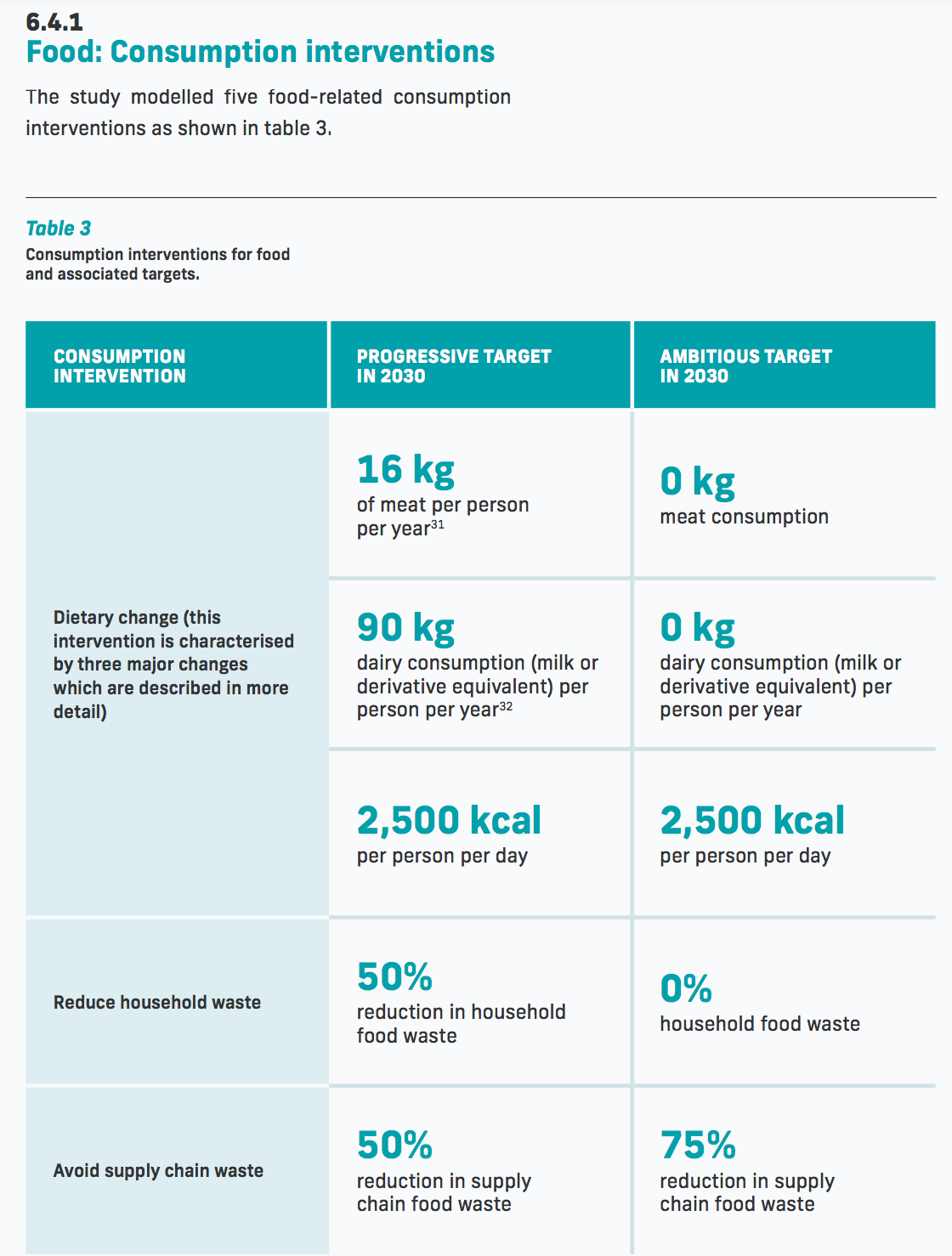NOW: European Farmers Surround EU Commission Headquarters in Brussels
Updated
Massive, ongoing protests in the streets of Germany, Poland, France, the Netherlands, Italy, Portugal, and other European countries descended upon the EU Parliament building in Brussels on Thursday
The protests coincide with Thursday’s summit of EU leaders, with the farmers calling on them to scrap agricultural and environmental regulations implemented by leadership in Brussels reports Zerohedge.
Green regulations throughout the EU have aimed to stifle farmers and eventually eliminate much of their traditional farming methods and business, in the name of ‘net zero’ sustainability. With no plan but to have much of traditional farming disappear only to be replaced by a rapidly expanding synthetic food industry promoting fake meats and insect meal.
Why are leaders pushing to restrict and eliminate farms and farmers? Here’s a quick history lesson.
In 1949, Chinese Communist leader Mao Zedong declared the creation of the People’s Republic of China. A short time after, in 1958, The Great Leap Forward was initiated. The goal was to modernize the country’s agricultural sector using communist economic ideologies. The grand five-year economic plan, executed by Mao’s Chinese Communist Party, was abandoned in 1961, and here’s why.
During those three years, the country’s entire agricultural sector experienced a full frontal assault by Mao’s communist state. All traditional household farms were transformed into large-scale collectives. Private property was abolished while land, animals, and all other resources became property of ‘the cooperative.’
There was an almost religious-like fervor in the population to the coming industrial advance promised by the Chinese leadership which would soon be on par with countries like Great Britain and the United States – so they were led to believe.
As things went from bad to worse, few in the country were willing (or allowed) to speak up against Mao’s grand plan.
The 2001 analysis titled Great Leap Forward or Backward? Anatomy of a Central Planning Disaster writes:
“Believing that these institutional changes significantly boosted agricultural productivity, the central government exhorted local cadres to “overcome reactionary conservatism” (People’s Daily, September 10, 1958). Local cadres responded by outdoing each other in making wild claims about grain yield. In a hyper-euphoric atmosphere, People’s Daily hailed that “agricultural production takes a Great Leap Forward with yields increasing by 100 percent, by several hundred percent, by 1000 percent and by several thousand percent ….”
With diminishing incentives to work the land, independent farmers turned cogs in large-scale cooperatives also were deprived of their rights to exit the collectives.
At this point, Mao’s communist ideology met cold, hard reality which swept his country away into the dark pages of history’s cautionary tale.
The paper’s authors write:
“In 1959, grain output in China fell precipitously by 15 percent. It declined by another 16 percent in 1960…Based on census data, demographers were able to infer from extrapolations of Chinese mortality trends that the total number of premature deaths between 1959-61 ranged from 18.48 to 30 million. If these estimates were accurate in the order of magnitude, this famine would still be the worst in world history in terms of the loss of human life.”
Fast forward to the present day. Government and corporate forces are at work once again targeting farms, farmers, and their animals. Unlike the Chinese communist experiment of the late 1950s, the current plan differs in a few fundamental ways. First, rather than taking over farms to consolidate power, governments want to end them altogether to reach net zero goals – so the story goes, to stop climate change. Second, rather than a one-off country going it alone with its authoritarian leanings, the current operation has global coordination.
Using common sense and historical examples, the current operation to drastically reduce most farming on the way to eventual elimination, supported by many governments, much of the media, and organizations like the United Nations, the WEF, and the WHO, appears simply insane.
Author Alex Newman writes about one of the earliest agreements defining the “sustainability” agenda:
“The agreement stated that “land cannot be treated as an ordinary asset controlled by individuals” and that private land ownership is “a principal instrument of accumulation and concentration of wealth, therefore contributes to social injustice.”
“Public control of land use is therefore indispensable,” the U.N. declaration said, a prelude to the World Economic Forum’s now infamous “prediction” that by 2030, “you’ll own nothing.”
How will people feed themselves?
A synthetic food culture and industry has been slowly creeping its way into the societal folds promoting fake meat, insects, and ultra-processed foods. Yet even such new industrial innovations aren’t enough to easily replace the mass, global reduction of farms at the speed being attempted. Few explanations make sense unless viewed through the lens of depopulation, control, and societal consolidation using food as a weapon.
A paper titled The Future of Urban Consumption in a 1.5°C World C40 Report includes a section on progressive and ambitious targets for “food consumption interventions” which involve a strict 2,500 calorie limit per day for each citizen and zero meat and dairy consumption.

Many entering these conversations for the first time may think that only large-scale, industrial farms are being targeted for harming the environment. Yet a recent headline should provide a sobering reality check as to the aims of the net zero, climate change agenda. No person will be left behind.
The Telegraph headlines reports:
“Carbon footprint of homegrown food five times greater than those grown conventionally
Getting around the idea that a green economy and a net zero transition may haven’t little to do with ‘saving the planet’ is a big idea for some. As may be the evidence and longstanding science showing that humans may not be the main drivers of climate change on the planet.
Despite the cover stories, reality is unfolding fast. Throughout Europe, which is several years ahead of this forced, net zero farming transition, sustained protest, and large-scale pushback are now commonplace.











